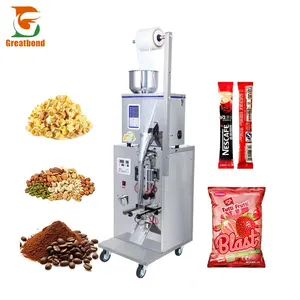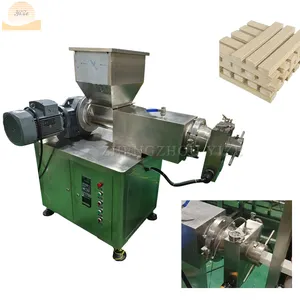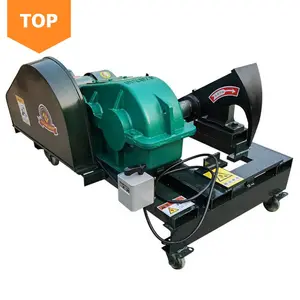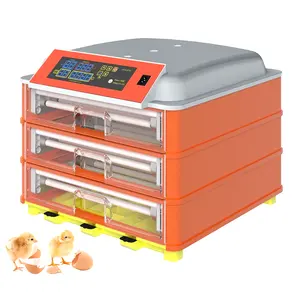Popular in your industry
































































































































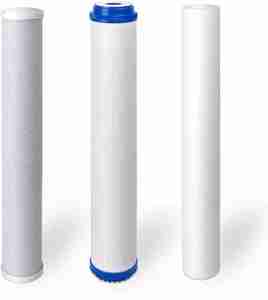

































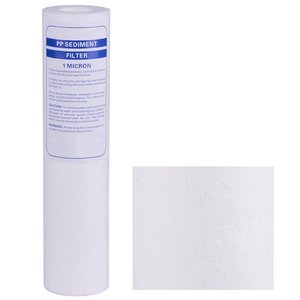



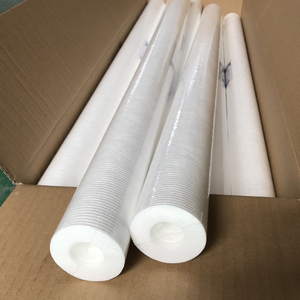










































Top categories
About pp filters
Introduction to PP Filters
PP filters, short for polypropylene filters, are essential components in various industries for liquid filtration purposes. These filters are commonly used due to their excellent chemical resistance, high thermal capability, and durability. PP filters are known for their ability to effectively remove impurities and contaminants from liquids, making them a critical element in ensuring product quality and process efficiency.
Design and Structure of PP Filters
The design of PP filters is based on a spun filter technology that involves spinning and weaving polypropylene fibers to create a porous filter media. This design allows for the efficient filtration of particles of varying sizes while maintaining a high flow rate. The structure of PP filters typically consists of multiple layers of spun polypropylene, providing both depth and surface filtration for optimal performance.
Technical Specifications of PP Filters
When considering PP filters for industrial applications, it is essential to pay attention to various technical specifications. These include the filtration efficiency, pressure drop, flow rate, micron rating, and filter size. PP filters are available in different configurations such as wound, melt-blown, and pleated designs, catering to specific filtration requirements in diverse industries.
Applications of PP Filters
PP filters find extensive applications across industries such as pharmaceuticals, food and beverage, water treatment, chemicals, and automotive. In the pharmaceutical sector, PP filters are used for sterile filtration of liquids. In the food and beverage industry, these filters ensure the removal of impurities, maintaining product quality. Water treatment plants rely on PP filters for effective purification processes.
Benefits of Using PP Filters
The advantages of utilizing PP filters include cost-effectiveness, chemical compatibility, and low maintenance requirements. PP filters offer a high dirt-holding capacity, prolonging the lifespan of the filtration system and reducing downtime for replacement. Additionally, the versatility of PP filters in handling a wide range of liquids makes them a versatile choice for various industrial applications.
Selection Criteria for PP Filters
When selecting PP filters for a specific application, factors such as the required filtration efficiency, flow rate, operating temperature, and compatibility with the liquid being filtered should be considered. Understanding the filtration needs and the environment in which the filter will operate is crucial in choosing the right type of PP filter to maximize performance and longevity.
Maintenance of PP Filters
To ensure the optimal performance of PP filters, regular maintenance is essential. This includes periodic inspections, cleaning or replacement of filters as needed, and monitoring of pressure differentials to assess filter efficiency. Proper maintenance practices not only enhance filter performance but also contribute to the overall efficiency of the filtration system.
Enhancing Efficiency with PP Filters
By incorporating PP filters into industrial processes, businesses can enhance overall efficiency by improving product quality, reducing downtime due to equipment failure, and minimizing product wastage. The reliable performance of PP filters in removing contaminants and maintaining process integrity makes them a valuable asset in achieving operational excellence.
Ensuring Quality with PP Filters
Quality assurance is paramount in industries where product purity and consistency are critical. PP filters play a significant role in ensuring the quality of final products by effectively removing particulates, microorganisms, and other impurities that can compromise product integrity. Investing in high-quality PP filters is essential for maintaining industry standards and meeting regulatory requirements.
Conclusion
In conclusion, PP filters are indispensable components in industrial filtration systems, offering efficient particle removal, chemical resistance, and cost-effective filtration solutions. Understanding the design, technical specifications, applications, and maintenance requirements of PP filters is crucial for businesses looking to enhance their liquid filtration processes and ensure product quality. By selecting and maintaining the right PP filters, industries can optimize their operations and achieve desired levels of filtration efficiency.
